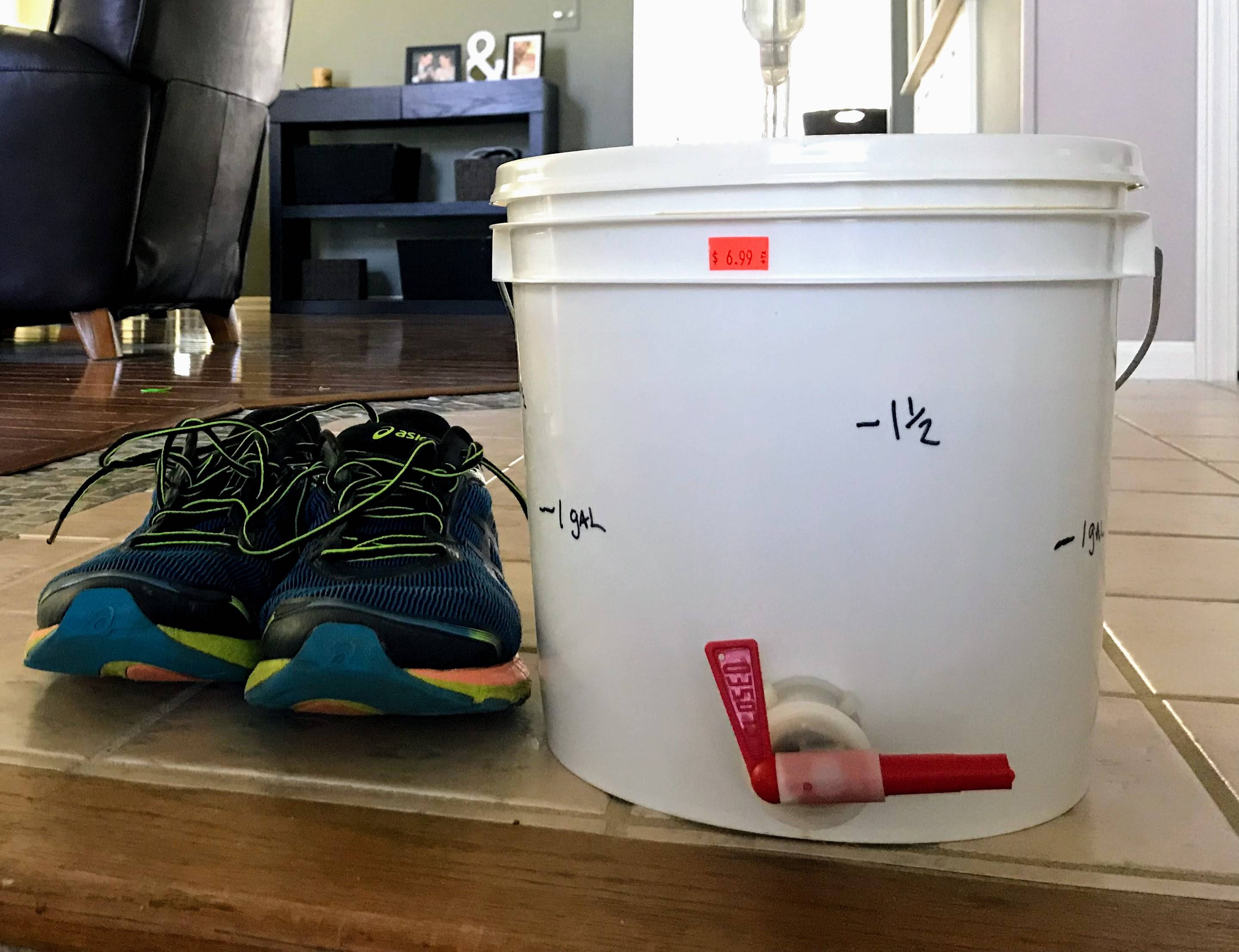I'm brand new to brewing, but I've been wanting to do it for a while. I've seen some videos. Seems that, like cooking, recipes are key at the beginning until one gains enough experience to experiment.
Are there any beer recipe websites that cater to beginners?
I specifically want to avoid websites that sell pre-packaged recipes as part of their business. I'd prefer to order ingredients myself.
